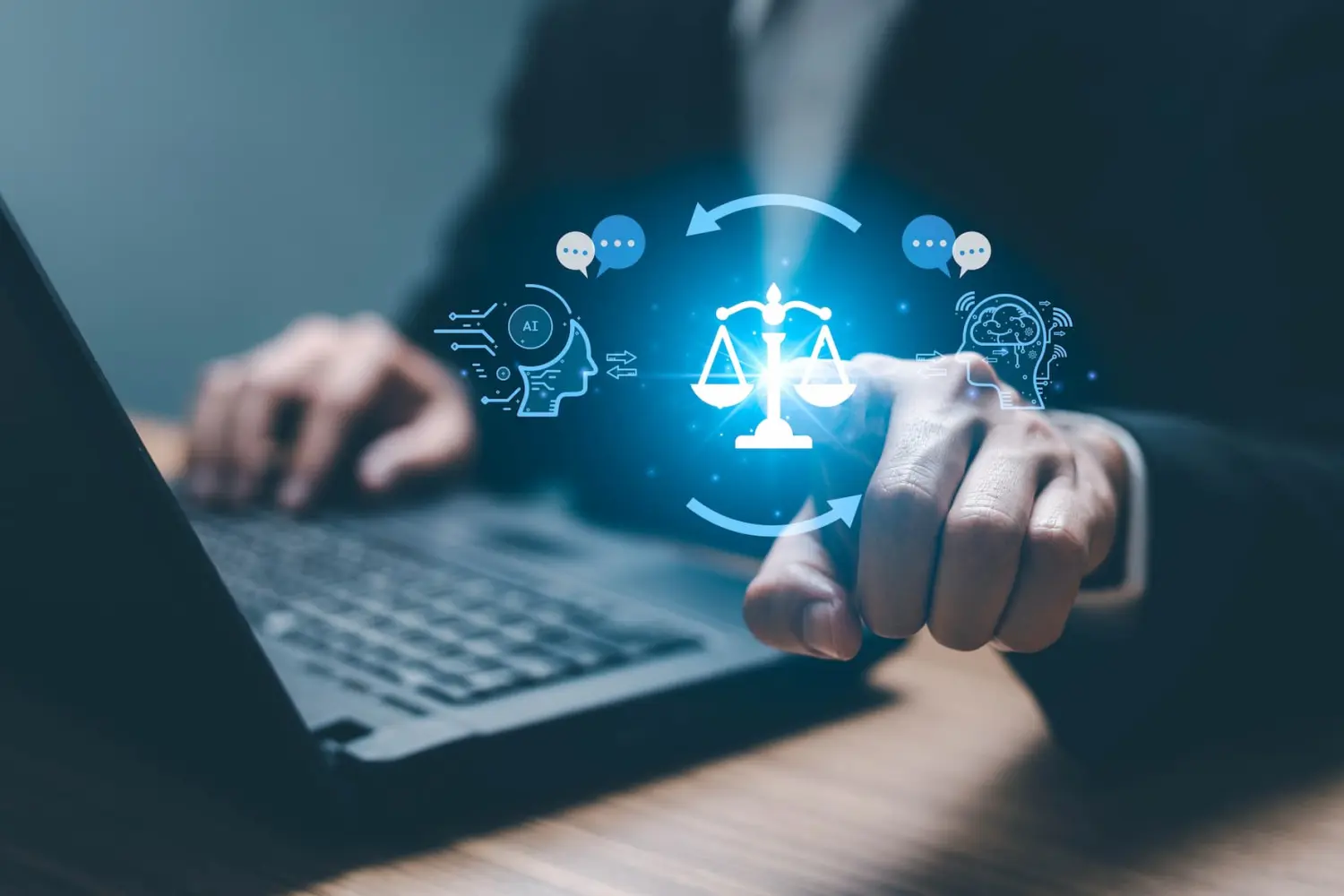The legal sector is experiencing significant changes due to advancements in technology. Steve Mehr, founding partner of Sweet James, is leading this transformation by utilizing artificial intelligence (AI) to enhance client experiences and reshape legal education. According to Mehr, integrating advanced AI technologies has revolutionized their operations, allowing them to deliver faster, more accurate, and personalized legal services.
AI is not just a tool for efficiency; it’s reshaping traditional legal practices by streamlining case management, handling extensive documents, and improving communication. This innovative approach leads to better outcomes for clients and sets a new standard in the legal industry. Mehr’s vision extends beyond improving client interactions and extends to team development and training.
Enhancing Learning Experiences
AI is significantly enhancing learning experiences in legal education. These new tools create personalized learning paths, adjust to each student’s strengths and weaknesses, and allow students to grasp complex legal concepts at their own pace. For example, platforms like [Example Platform] offer interactive simulations and virtual reality environments that provide hands-on courtroom experience, enabling students to practice their responses and decision-making skills in a controlled environment, simulating real-world scenarios. This type of experiential learning is invaluable in building students’ confidence and competence, preparing them for their future careers.
Preparing for a Tech-Driven Legal Landscape
The legal landscape is rapidly evolving, with technology playing an increasingly central role. Future attorneys must be adept at leveraging technology to stay competitive. AI tools, such as predictive analytics and natural language processing (NLP), are becoming indispensable in legal practice. For example, platforms like Lex Machina help attorneys forecast case outcomes based on historical data, while ROSS Intelligence aids in quickly analyzing legal documents using NLP. Integrating these technologies into legal education ensures graduates are proficient in traditional skills and ready to lead in a tech-driven environment. Understanding how to use AI effectively can give new attorneys a significant edge, enabling them to offer innovative solutions and improved efficiencies in their practice.
The Impact on Training Future Attorneys
Integrating AI into legal education transforms how future attorneys are trained. AI tools provide real-time feedback on performance, identify areas for improvement, and suggest resources for further study. This use of AI creates a dynamic and responsive educational experience, fostering continuous learning and improvement. Additionally, AI facilitates peer collaboration and group learning through projects and simulations. This collaborative approach enhances learning outcomes and helps build essential teamwork and communication skills.
A New Standard for Legal Services
Integrating AI into legal practice and education is setting a new industry standard. By adopting these technologies, firms can greatly enhance their operational capabilities, establishing a benchmark for excellence in legal services. This progressive approach positions Sweet James as a leader in modernizing legal service delivery. Steve Mehr notes, “Embracing these technologies not only boosts our operational capabilities but also sets a new standard for excellence in legal services.” As AI continues to advance, its role in legal education and practice will expand, driving further innovations and improvements in how legal services are delivered and experienced.
Integrating AI into legal practice and education helps firms drive change, keeping the profession dynamic and responsive. This approach balances technological advancements with the human touch. By combining cutting-edge technology with human expertise, we can create a more efficient, effective, and dynamic legal system. As AI continues to evolve, its role in transforming the legal landscape will only grow, paving the way for future innovations and better outcomes for all stakeholders.

